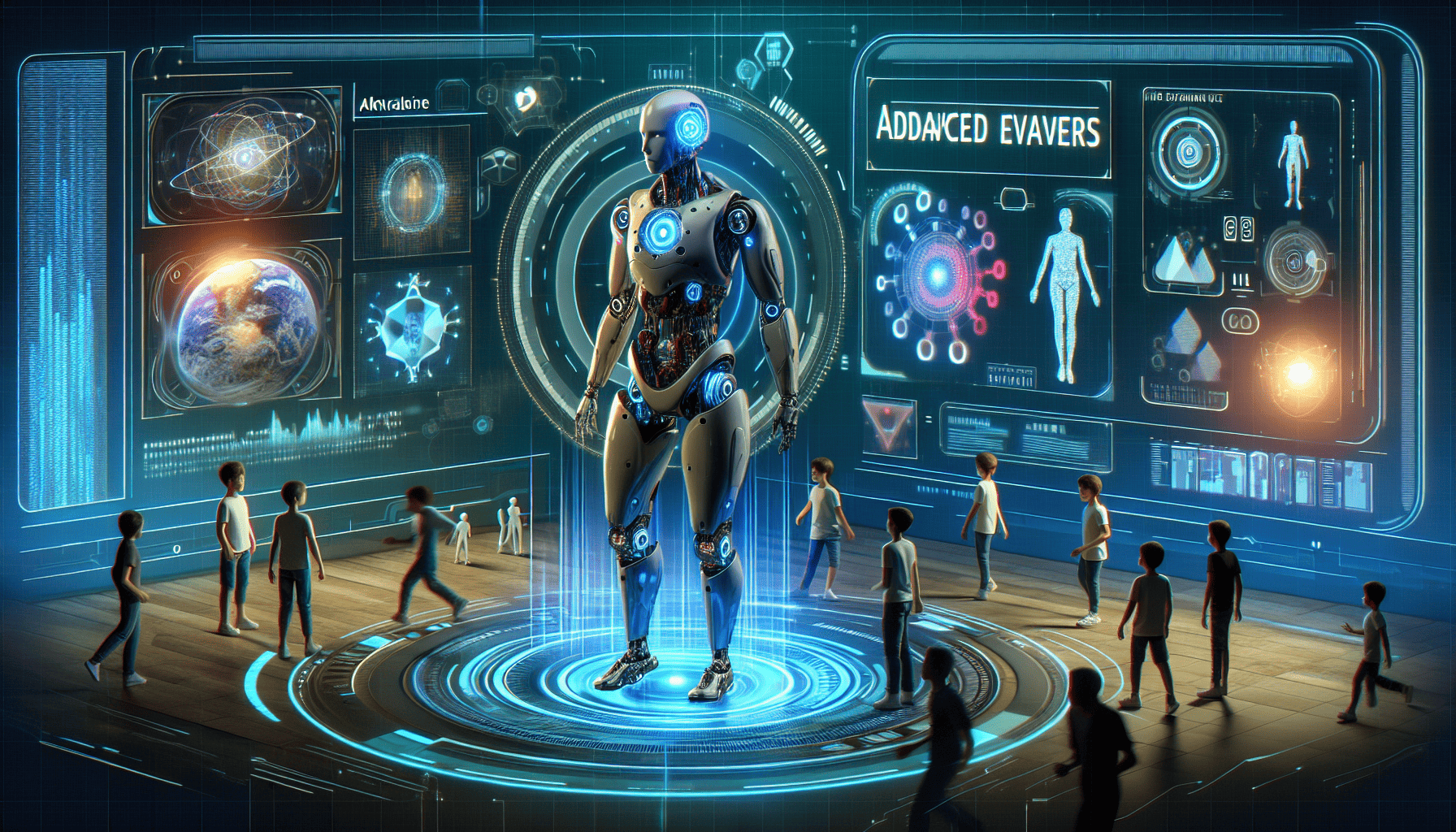Artificial intelligence (AI) is transforming the gaming industry in unprecedented ways, shifting the paradigm of gameplay dynamics, NPC behavior, and player engagement. As developers leverage AI, gamers experience richer, more immersive environments that push the boundaries of traditional gaming landscapes. Game Forge Labs takes an in-depth look at how AI is reshaping modern gaming experiences.
At the heart of AI's contribution to gaming is the enhancement of gameplay mechanics. AI technology allows for procedural generation, a technique that creates expansive and varied game worlds without manual input from developers. Titles like "No Man’s Sky" and "Minecraft" illustrate this by offering virtually limitless environments for players to explore, ensuring each play session feels fresh and unique.
Moreover, AI is revolutionizing the behavior of non-player characters (NPCs). Historically, NPCs followed scripted patterns, which became predictable over time. However, with AI, NPCs are now able to learn and adapt based on player actions. This subtle sophistication allows for more lifelike interactions and challenges gamers to think strategically. For instance, in Rockstar's "Red Dead Redemption 2," NPCs exhibit complex behaviors and adapt to the player's reputation within the game world, creating a dynamic and believable virtual society.
AI does not stop at enhancing gameplay mechanics and NPC processes; it extends into tailoring personalized gaming experiences. Through AI-driven analytics, games can assess players' skill levels, preferences, and playstyles, adapting difficulty levels and game narratives in real-time. This personalization ensures that games are accessible and enjoyable for a diverse range of players, from novices to seasoned veterans. Titles like "The Elder Scrolls V: Skyrim" take advantage of AI to customize quests and combat difficulty dynamically based on player behavior.
Additionally, AI-powered voice technology is elevating interaction with game characters. Through natural language processing, players can engage in more meaningful conversations with NPCs, enhancing narrative complexity and emotional depth. Games like “Starship Commander” allow players to communicate with characters using their voice, resulting in a more immersive and realistic experience.
Game Forge Labs observes that AI's impact extends beyond gameplay and into game development. AI algorithms assist developers in prototyping and troubleshooting by identifying bugs and optimizing graphics performance, making the development process more efficient and cost-effective. Unlike manual coding, which can be labor-intensive, AI streamlines processes, enabling developers to focus on creating cutting-edge content and features.
Despite AI's numerous benefits, the integration of advanced technologies into gaming raises important ethical considerations. Foremost among these is the concern about data privacy, as games collect extensive user data to facilitate personalized experiences. Ensuring that this data is handled responsibly remains a priority within the industry.
Furthermore, as AI-driven games become more complex, issues of accessibility and inclusivity must be addressed. Developers are tasked with ensuring that games remain enjoyable for individuals with varying technological access and physical abilities.
In conclusion, AI's impact on the gaming industry is far-reaching, revolutionizing how games are played, developed, and experienced. From enhancing gameplay mechanics to creating intelligent NPCs and tailoring personalized gaming experiences, AI continues to redefine the art of gaming. As technology advances, it heralds a new era for the gaming industry, promising even greater innovations and challenges ahead.
